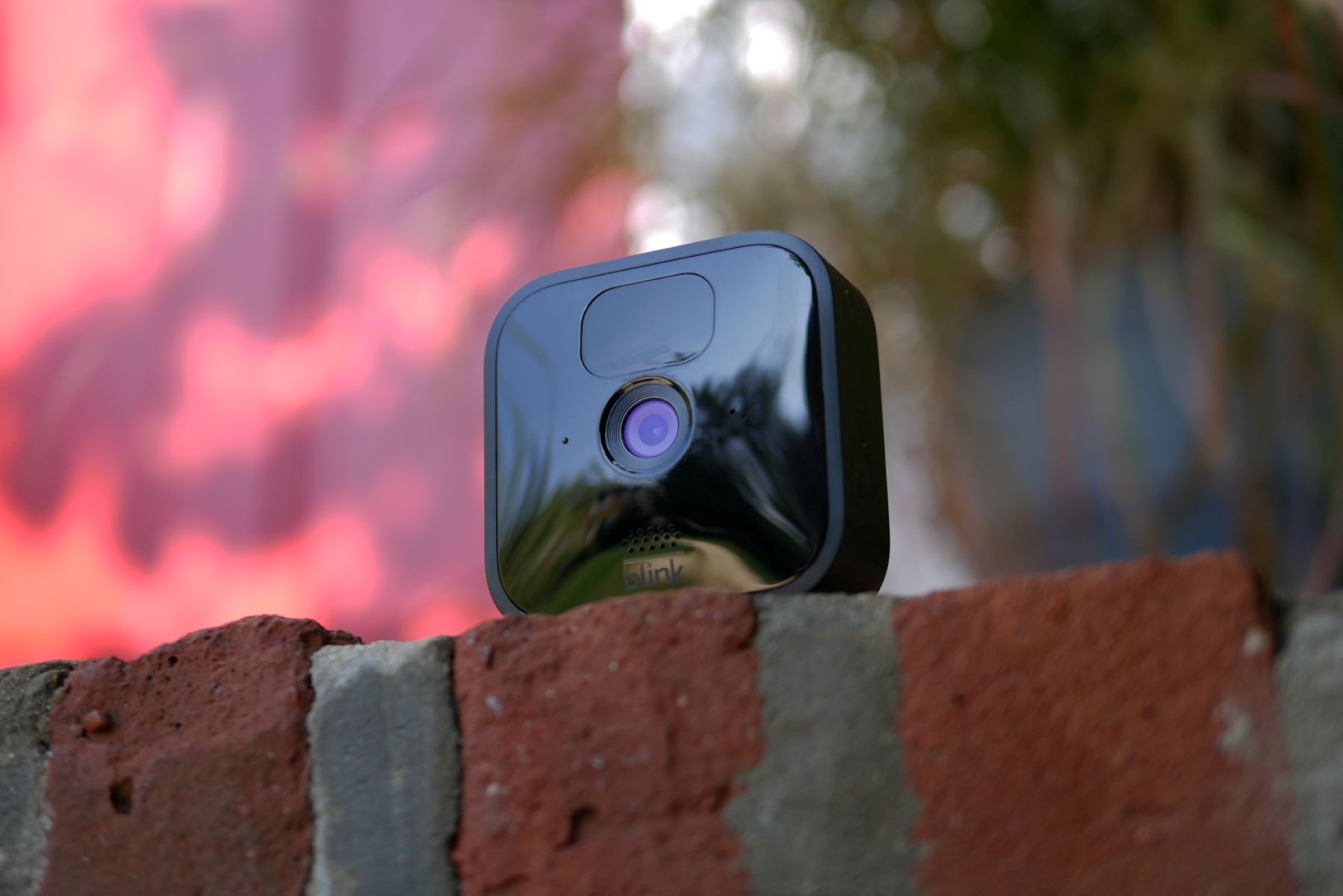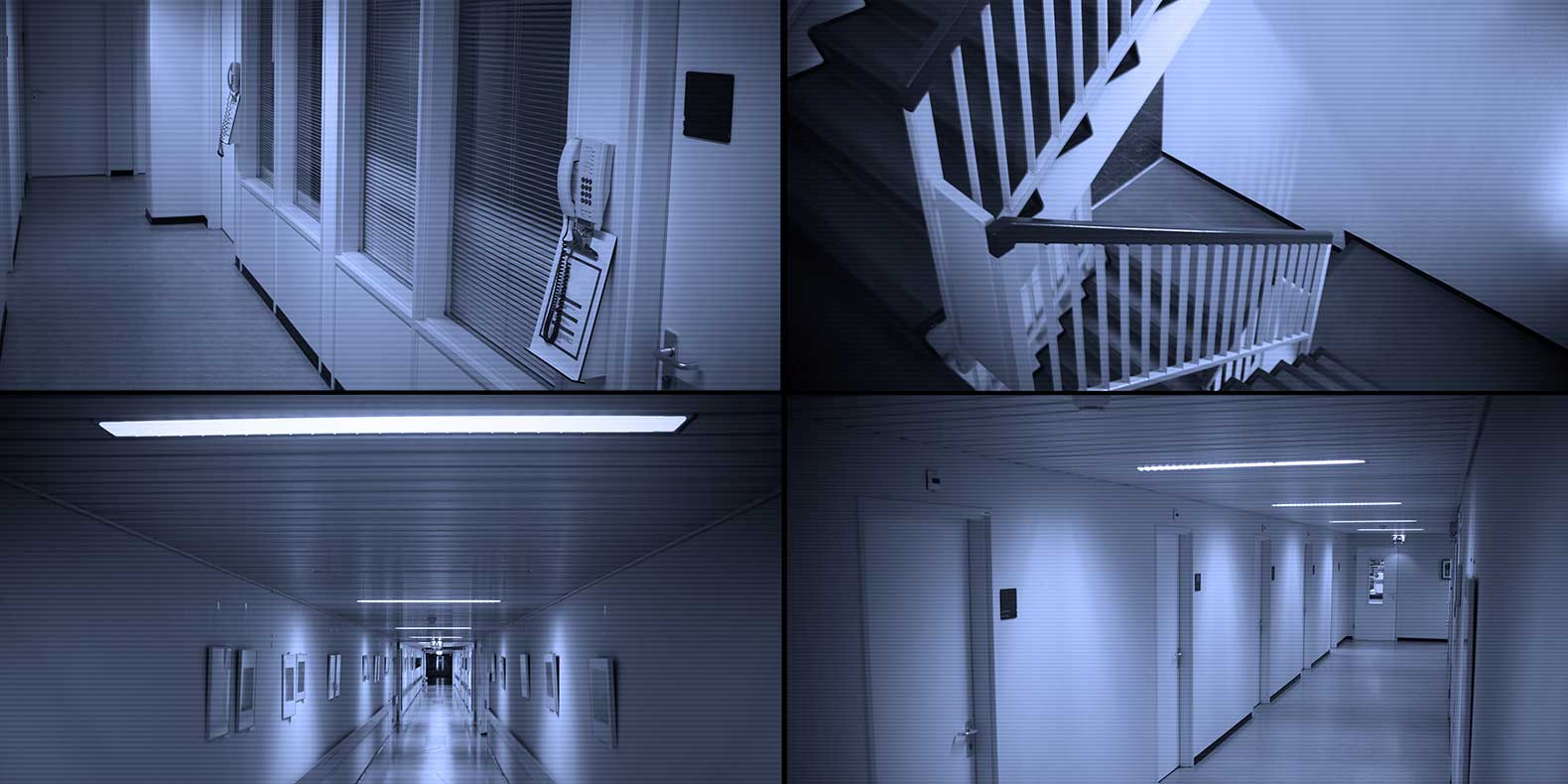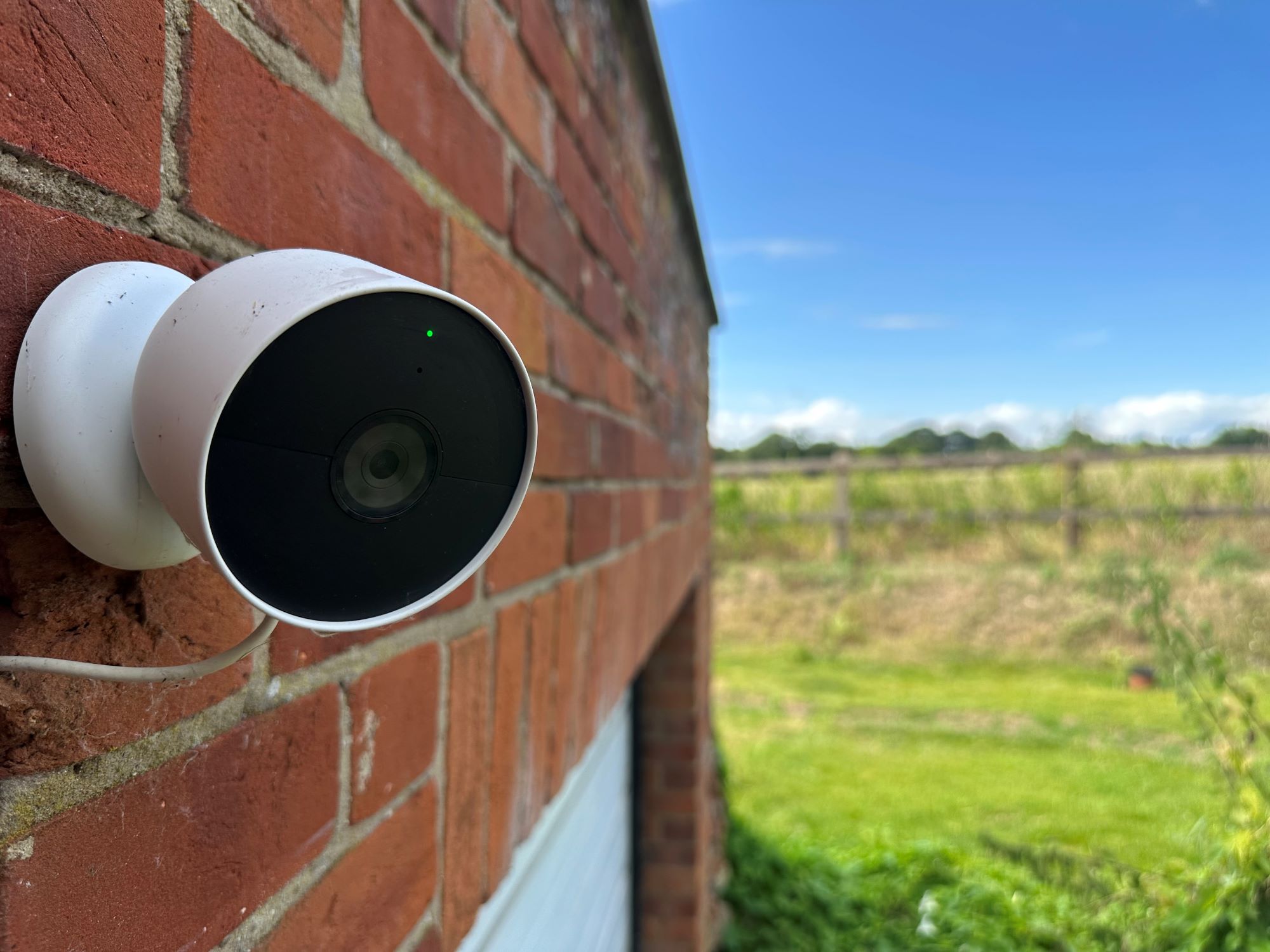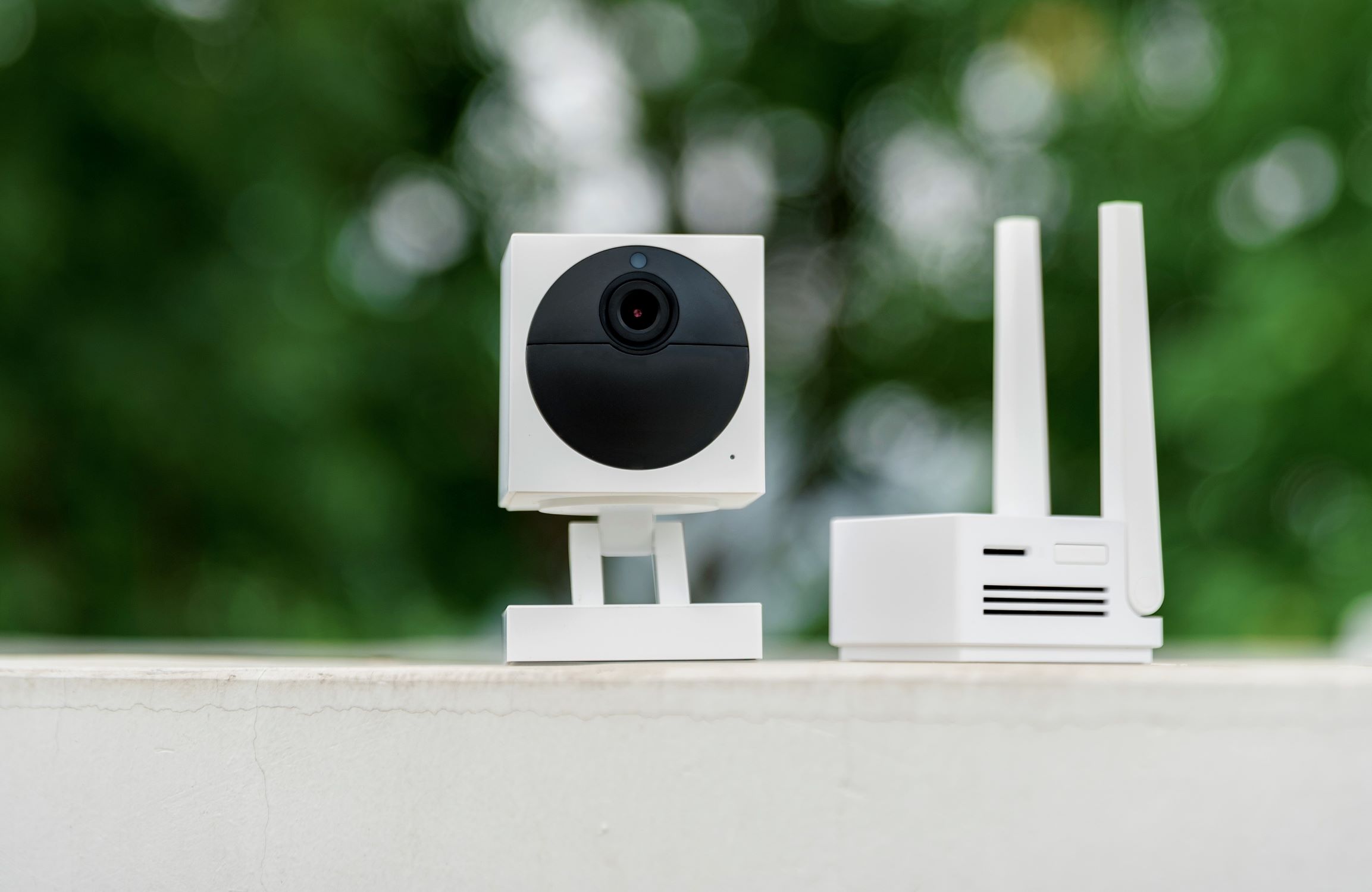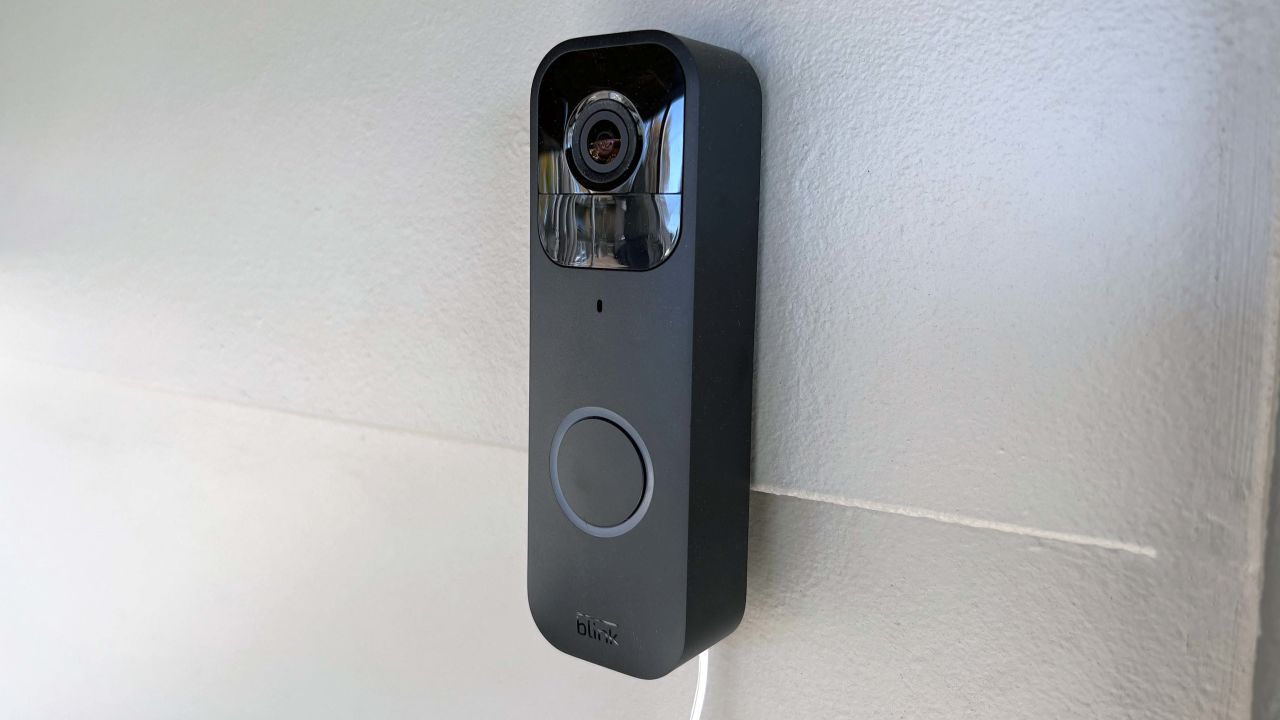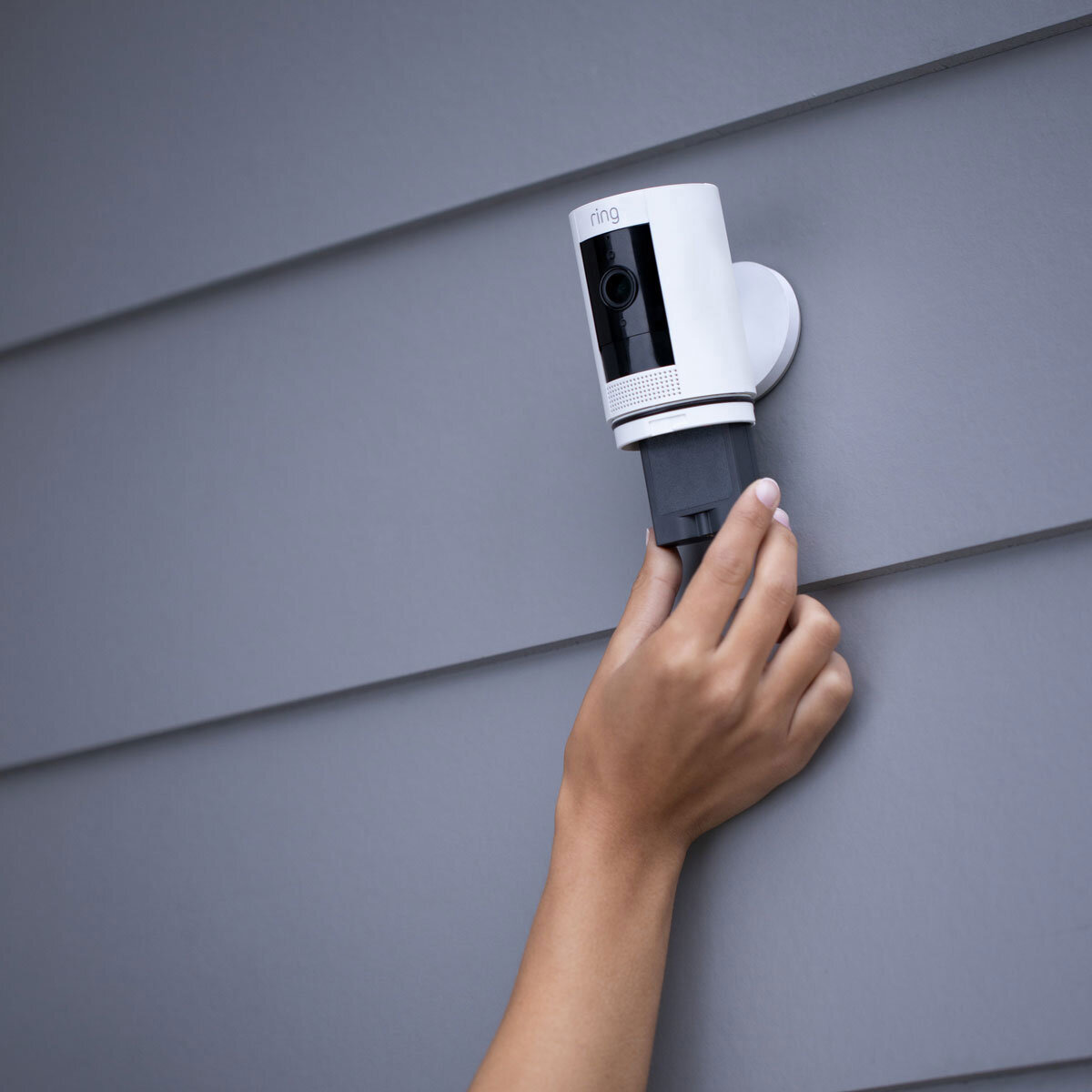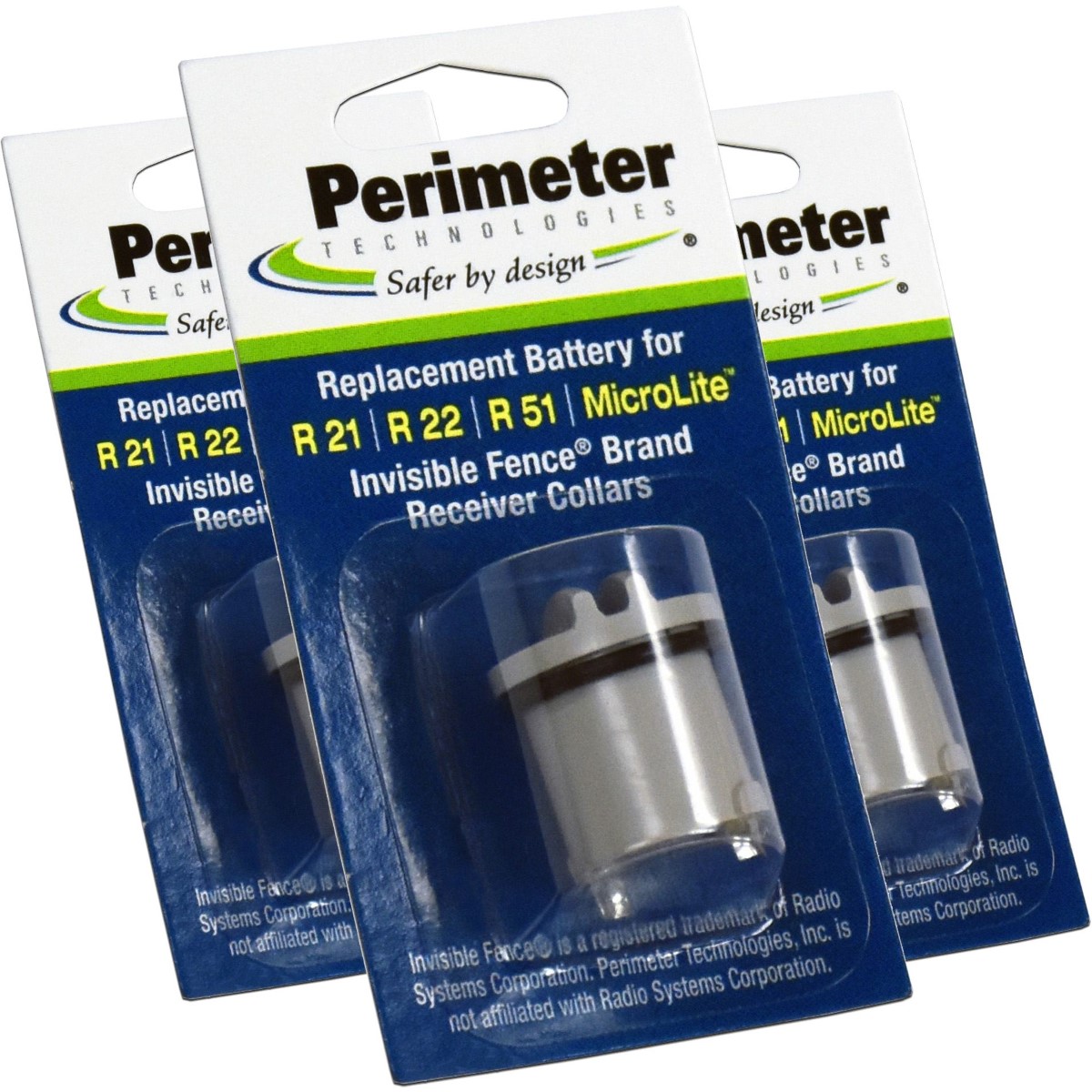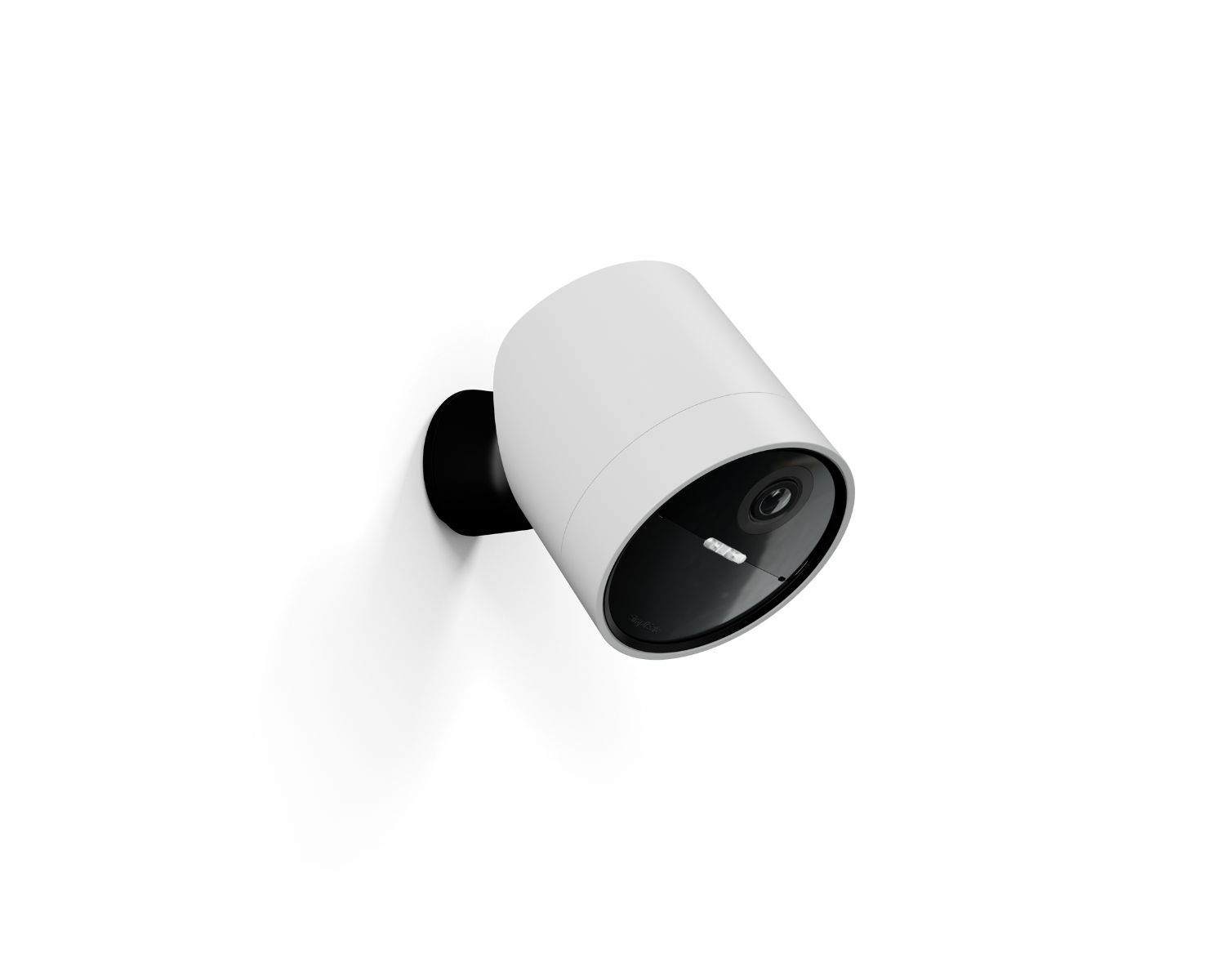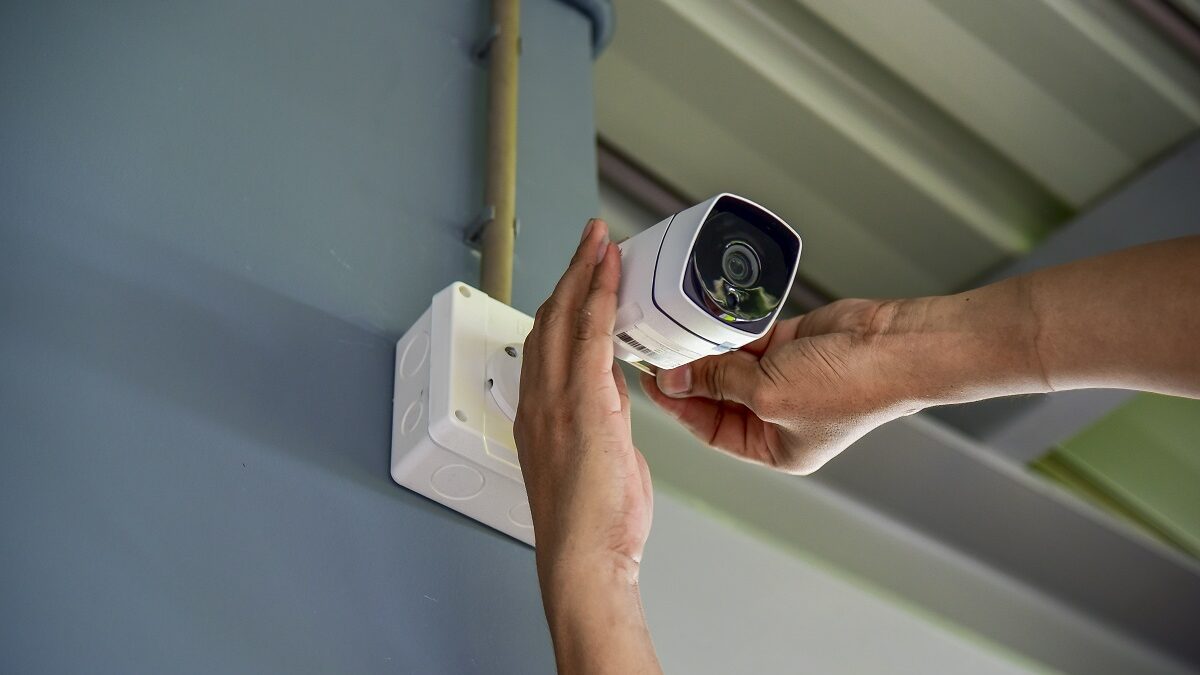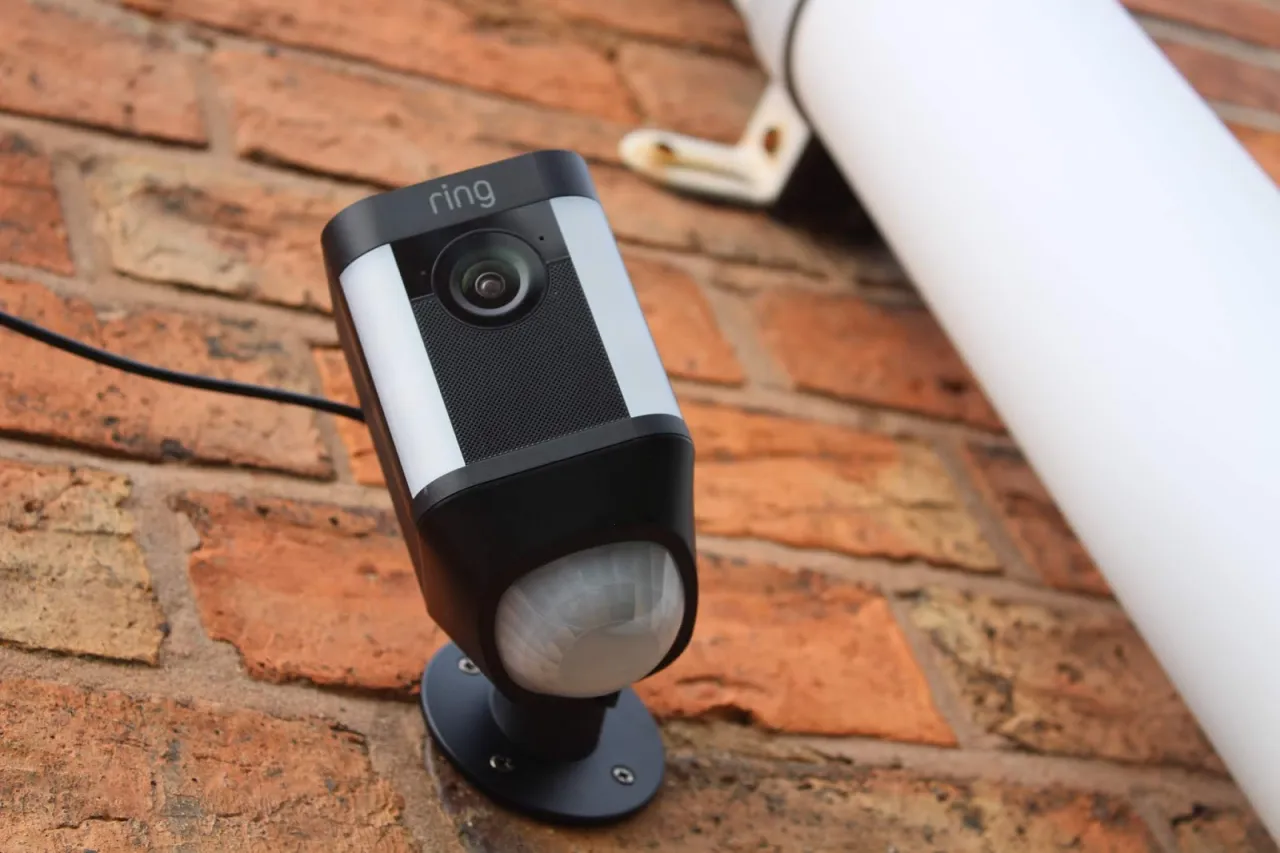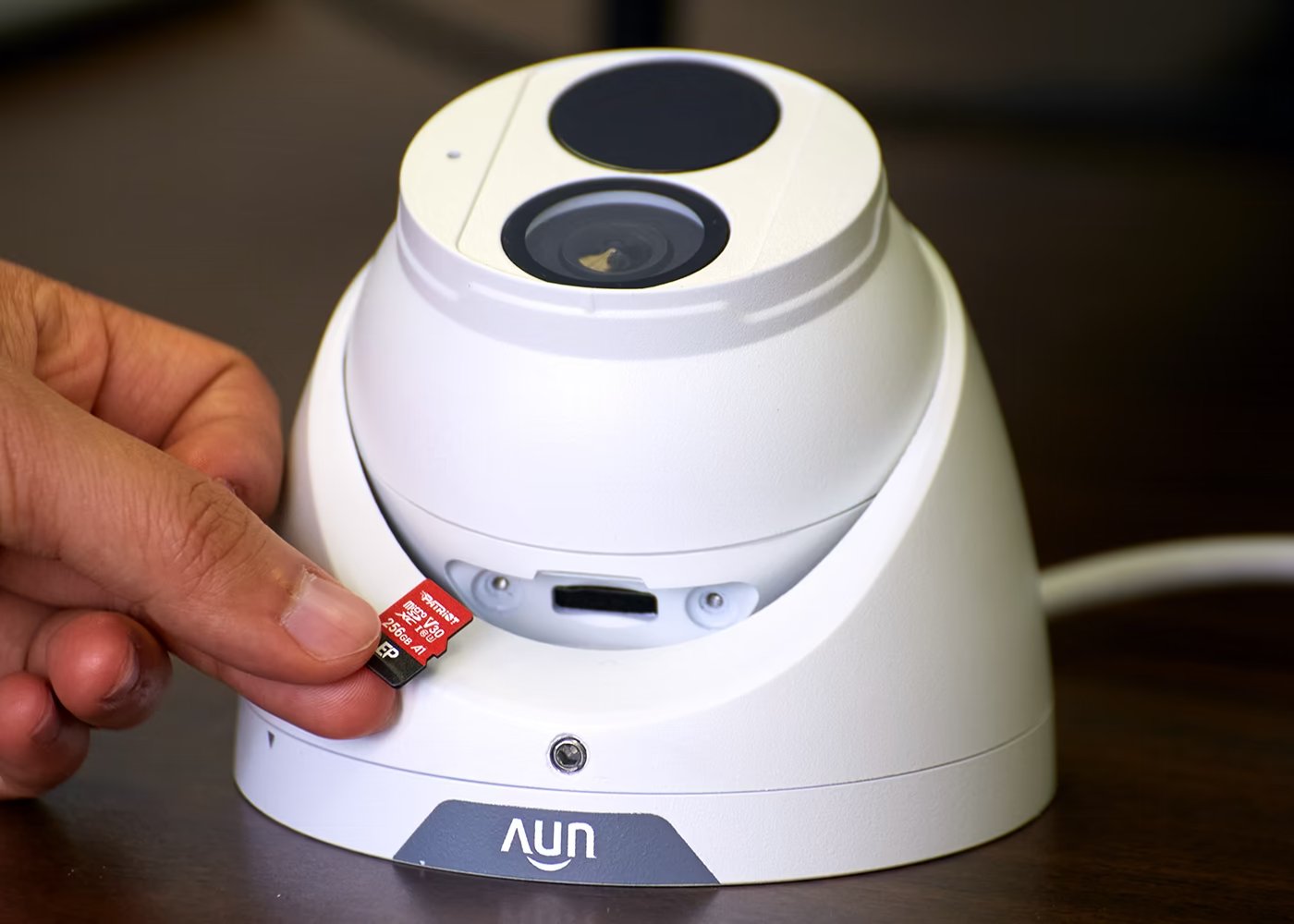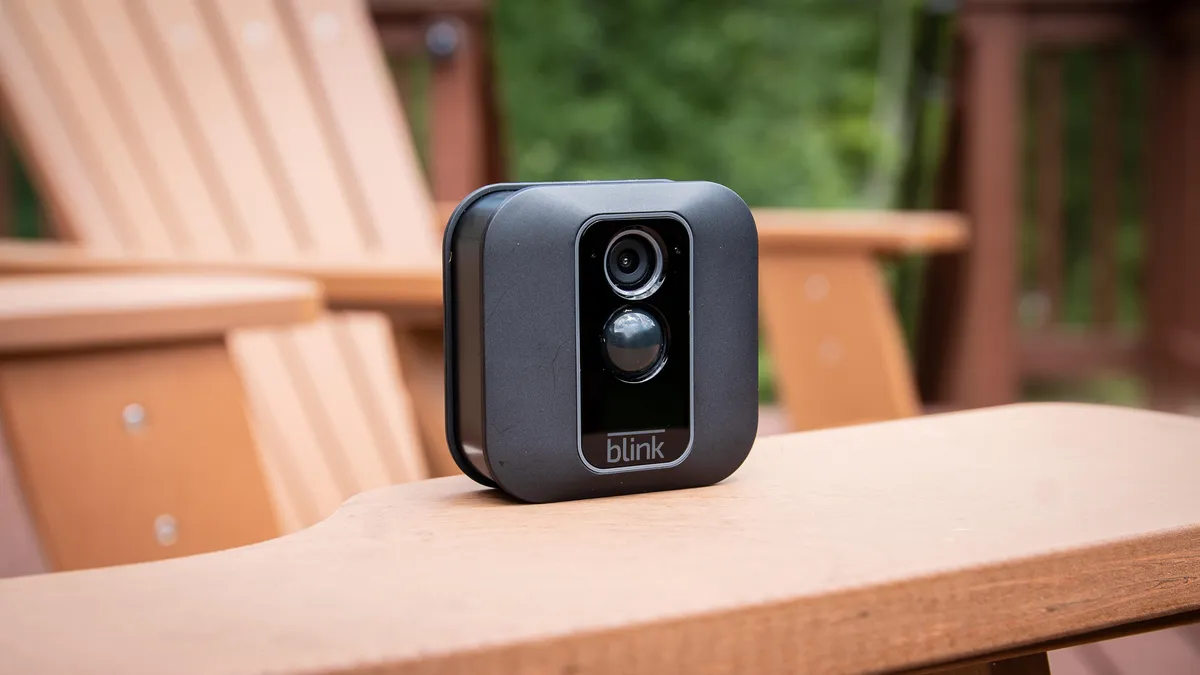Home>Home Security and Surveillance>How Long Do Security Camera Batteries Last?
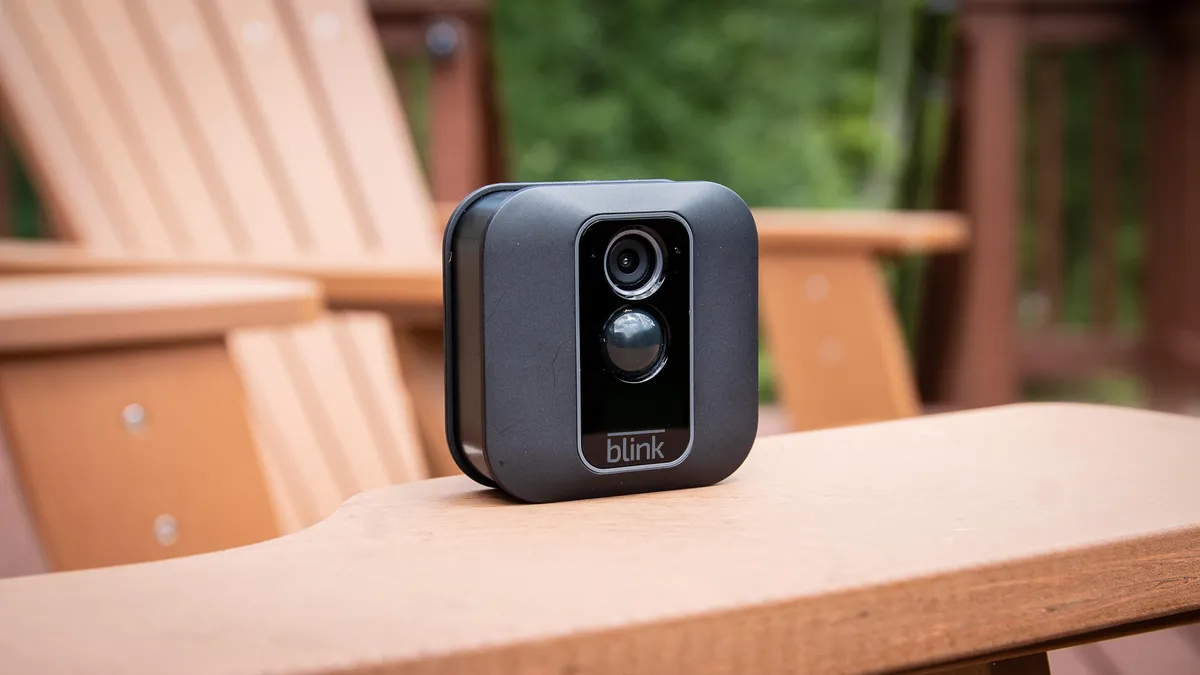

Home Security and Surveillance
How Long Do Security Camera Batteries Last?
Modified: March 6, 2024
Discover the expected lifespan of security camera batteries for your home security and surveillance system. Ensure you never miss a moment with reliable and long-lasting battery performance.
(Many of the links in this article redirect to a specific reviewed product. Your purchase of these products through affiliate links helps to generate commission for Storables.com, at no extra cost. Learn more)
Introduction
When it comes to home security and surveillance, having a reliable and long-lasting battery for your security cameras is of paramount importance. After all, what good is a security camera if it runs out of power and leaves your property vulnerable?
In this article, we will explore the factors that can affect the battery life of security cameras, the different types of batteries used in these cameras, and provide you with tips on how to extend the battery life of your security cameras. So if you’ve ever wondered how long security camera batteries last, then read on to find out!
Having a good understanding of the factors that impact battery life can help you make informed decisions when choosing security cameras for your home or business. It can also help you implement strategies to optimize battery usage and save on replacement costs.
Without further ado, let’s dive into the fascinating world of security camera batteries and discover the secrets to keeping your surveillance system powered and running efficiently.
Key Takeaways:
- Security camera battery life is affected by settings, usage, temperature, battery quality, and power consumption. Adjusting settings and choosing high-quality batteries can help extend battery life.
- Different types of security cameras use disposable alkaline, rechargeable lithium-ion, solar, or hardwired batteries. Understanding their differences can help you choose the right camera for your needs.
Factors Affecting Battery Life
There are several factors that can impact the battery life of security cameras. Understanding these factors can help you estimate how long your camera’s batteries will last and make adjustments to optimize their performance. Here are some of the key factors:
- Camera Settings: The settings you choose for your security camera can significantly affect battery life. Higher resolution, frame rate, and continuous recording will drain the battery faster than lower settings or motion-triggered recording. Adjusting these settings to find the right balance between image quality and battery life is essential.
- Camera Usage: How frequently your security camera is triggered or used will impact battery life. If your camera is constantly recording due to high activity levels or false alarms, the battery will drain more quickly. Consider using motion detection or scheduling recording to conserve battery power.
- Temperature: Extreme temperatures can have a significant impact on battery life. Both extremely hot and cold environments can cause the battery to drain faster or even fail. It’s important to choose cameras that are designed to handle the temperature range of your location.
- Quality of Battery: The quality of the battery itself plays a crucial role in its longevity. Higher quality batteries tend to have a longer lifespan and better performance. Investing in reputable brands and ensuring proper maintenance can improve the overall battery life.
- Power Consumption: The power consumption of the camera’s components, such as the image sensor, processor, and infrared LEDs, can vary between models and brands. Cameras with more power-efficient components will have extended battery life compared to those with higher power consumption.
By taking these factors into account, you can make informed decisions when selecting security cameras and optimize their usage to extend battery life. Next, let’s explore the different types of batteries used in security cameras.
Types of Security Camera Batteries
Security cameras rely on various types of batteries to power their operations. Understanding the different types of batteries available can help you choose the right camera for your needs. Here are some common types of batteries used in security cameras:
- Disposable Alkaline Batteries: These are the most commonly used batteries due to their wide availability and affordability. They are easy to replace, but their lifespan tends to be shorter compared to other types of batteries.
- Rechargeable Lithium-ion Batteries: Lithium-ion batteries are known for their high energy density, allowing them to provide longer-lasting power. They can be recharged multiple times, reducing the need for frequent battery replacement. Many security cameras come with rechargeable lithium-ion batteries or have the option to use them.
- Solar Batteries: Solar-powered security cameras utilize solar panels to harness energy from the sun. This energy is stored in rechargeable batteries, making them an eco-friendly and cost-effective option. Solar batteries can provide a continuous power supply as long as they receive sufficient sunlight.
- Hardwired Cameras: Some security cameras are designed to be hardwired directly into the electrical system, eliminating the need for batteries. These cameras draw power from an electrical outlet or are connected to the building’s wiring. They offer a reliable and uninterrupted power source but require professional installation.
Each type of battery has its advantages and considerations. It’s essential to weigh factors like convenience, cost, and power requirements when selecting a security camera with the appropriate battery type for your specific needs.
Now that we’ve explored the different types of batteries used in security cameras, let’s move on to discussing the battery life of different types of security cameras.
Regular security camera batteries can last anywhere from 3 months to 2 years, depending on usage and battery type. Rechargeable batteries may need to be replaced every 1-2 years.
Battery Life of Different Types of Security Cameras
The battery life of security cameras can vary depending on the type of camera and its usage. Here, we will discuss the typical battery life of different types of security cameras:
- Wireless Battery-Powered Cameras: These cameras are powered by batteries, making them easy to install and relocate. On average, wireless battery-powered cameras can last anywhere from three to six months on a single charge. However, factors such as camera settings, usage frequency, and environmental conditions can affect battery life.
- Solar-Powered Cameras: Solar-powered cameras are designed to recharge their batteries using solar energy. With sufficient sunlight, these cameras can operate continuously without the need for manual charging. However, it’s important to ensure that the solar panel receives adequate sunlight to maintain a steady power supply.
- Hardwired Cameras: Hardwired security cameras typically don’t rely on batteries since they are directly connected to the electrical system. They can provide continuous power as long as there is a stable electrical supply. This makes them an ideal choice for areas where power outage is a concern.
It’s essential to note that the specified battery life is an estimate and can vary based on factors mentioned earlier. The actual battery life you experience may differ, so it’s important to consider these factors before making your purchase.
Now that we have discussed the battery life of various security cameras, let’s move on to some helpful tips to extend the battery life of your security cameras.
Tips to Extend Battery Life
If you want to maximize the battery life of your security cameras, here are some practical tips to follow:
- Optimize Camera Settings: Adjust the camera settings to balance power usage and functionality. Lowering the resolution, frame rate, and disabling unnecessary features can significantly extend battery life.
- Utilize Motion Detection: Set your cameras to record only when motion is detected. This can help conserve battery power by minimizing unnecessary recording during periods of inactivity.
- Strategic Camera Placement: Position your cameras strategically to focus on the areas of most concern. This ensures that the cameras are only triggered when necessary, reducing battery usage from capturing unnecessary footage.
- Regular Maintenance: Keep your camera lenses clean and free from debris, as this can affect image quality and increase power consumption. Regularly check and clean the camera housing, ensuring it is protected from environmental elements.
- Use Energy-Efficient LEDs: If your security camera has built-in infrared LEDs for night vision, consider using energy-efficient LEDs. They provide adequate night vision while consuming less power, helping to extend battery life.
- Upgrade to High-Quality Batteries: If your security camera allows it, consider upgrading to high-quality rechargeable batteries. These batteries tend to have a longer lifespan and better performance compared to standard disposable batteries.
- Utilize Solar Power: If applicable, consider upgrading to solar-powered security cameras. By harnessing solar energy, these cameras can operate continuously without relying on battery power, providing long-term cost savings.
- Regularly Check Battery Levels: Keep an eye on the battery levels of your security cameras and recharge or replace them as needed. Regular monitoring will ensure that your cameras are always powered and ready to capture any suspicious activity.
Implementing these tips can help maximize the battery life of your security cameras and enhance the overall performance of your surveillance system. By being proactive and mindful of power consumption, you can enjoy long-lasting, reliable security coverage for your home or business.
Now that we’ve covered the tips to extend battery life, let’s wrap up our discussion.
Conclusion
Ensuring that your security cameras have a reliable and long-lasting battery is crucial for maintaining the safety and security of your home or business. By understanding the factors that affect battery life, the different types of batteries available, and implementing tips to extend battery life, you can optimize the performance and longevity of your security camera system.
Factors such as camera settings, usage patterns, temperature, and the quality of the battery itself can significantly impact the battery life of security cameras. It’s important to strike the right balance between functionality and power consumption to maximize battery performance.
The types of batteries commonly used in security cameras include disposable alkaline batteries, rechargeable lithium-ion batteries, solar batteries, and hardwired power sources. Each type has its own advantages and considerations, so it’s important to choose the right battery type based on your specific needs and preferences.
Understanding the battery life of different types of security cameras is essential when selecting the right camera for your security requirements. Wireless battery-powered cameras typically last from three to six months on a single charge, while solar-powered cameras can provide continuous power with sufficient sunlight. Hardwired cameras draw power from the electrical system and offer a reliable, uninterrupted power source.
To extend the battery life of your security cameras, it’s important to optimize camera settings, utilize motion detection, strategically place cameras, perform regular maintenance, use energy-efficient LEDs, consider upgrading to high-quality batteries, and explore the possibility of solar power. These tips can help you maximize the battery life of your cameras and ensure ongoing surveillance coverage.
By implementing these strategies, you can have peace of mind knowing that your security cameras are operating efficiently and reliably, providing you with the surveillance you need to protect your property and loved ones.
Remember, investing in a good quality security camera system with a reliable battery is a worthwhile investment that will contribute to the overall safety and security of your home or business.
We hope this guide has provided you with valuable insights into understanding battery life in security cameras and how to optimize their performance. Stay safe and vigilant!
Frequently Asked Questions about How Long Do Security Camera Batteries Last?
Was this page helpful?
At Storables.com, we guarantee accurate and reliable information. Our content, validated by Expert Board Contributors, is crafted following stringent Editorial Policies. We're committed to providing you with well-researched, expert-backed insights for all your informational needs.
